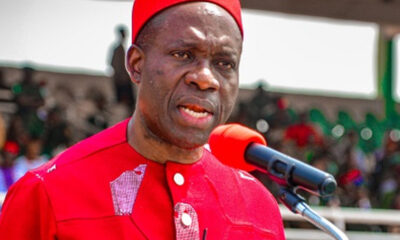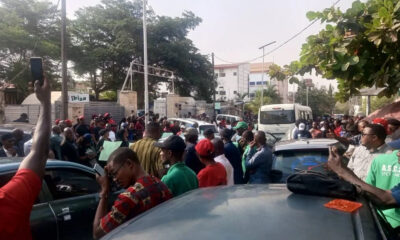- /home/porsch10/public_html/wp-content/plugins/mvp-social-buttons/mvp-social-buttons.php on line 27
https://porscheclassy.com/wp-content/uploads/2018/04/bitcoins-currency-taxable-canada.jpg&description=Bitcoin Company Disappears With Customers Millions', 'pinterestShare', 'width=750,height=350'); return false;" title="Pin This Post">
- Share
- Tweet /home/porsch10/public_html/wp-content/plugins/mvp-social-buttons/mvp-social-buttons.php on line 69
https://porscheclassy.com/wp-content/uploads/2018/04/bitcoins-currency-taxable-canada.jpg&description=Bitcoin Company Disappears With Customers Millions', 'pinterestShare', 'width=750,height=350'); return false;" title="Pin This Post">
-

 BIG STORY12 hours ago
BIG STORY12 hours agoJUST IN: Defence Headquarters Finally Confirms Coup Attempt Against Tinubu, Indicted Officers To Face Military Trial
-

 BIG STORY5 days ago
BIG STORY5 days agoPressure Mounts on Omooba Abimbola Onabanjo To Step Down But He Refuses As Political Plot To Capture Awujale Stool Falters
-

 BIG STORY5 days ago
BIG STORY5 days agoFather Of Man Who Killed Mother, Six Children Wants Him Killed Without Trial
-

 BIG STORY4 days ago
BIG STORY4 days agoAwujale Stool: Protest Rocks Ijebu Ode Over Imposition Plot
-

 BIG STORY5 days ago
BIG STORY5 days agoICPC To Arraign Ozekhome Monday Over UK Property As Immigration Provides More Forgery Evidence
-

 BIG STORY12 hours ago
BIG STORY12 hours agoNo Party Or Person Can Defeat President Tinubu In 2027, Atiku’s Son Declares
-

 BIG STORY16 hours ago
BIG STORY16 hours agoBREAKING: Soludo Closes Onitsha Market For One Week Over Sit-At-Home Defiance
-

 BIG STORY18 hours ago
BIG STORY18 hours agoJUST IN: NLC, FCTA Workers Protest At Industrial Court, Demand Wike’s Removal [PHOTOS]





















